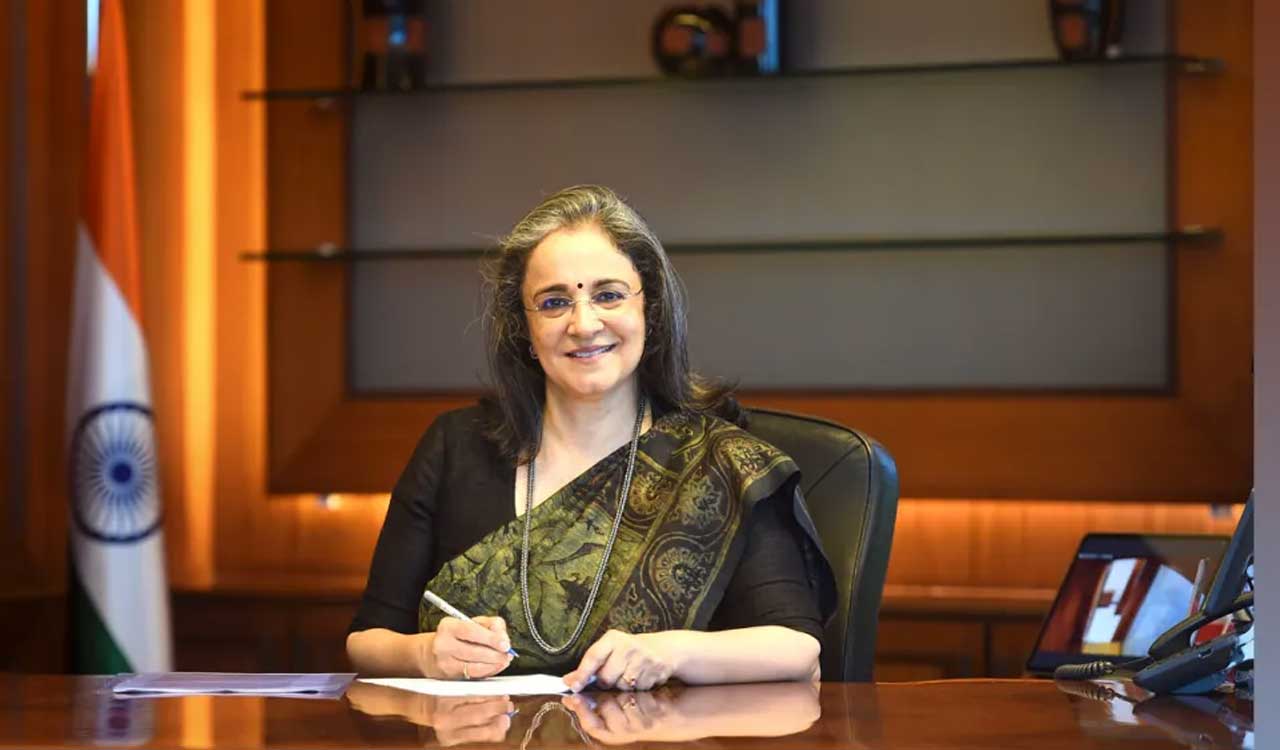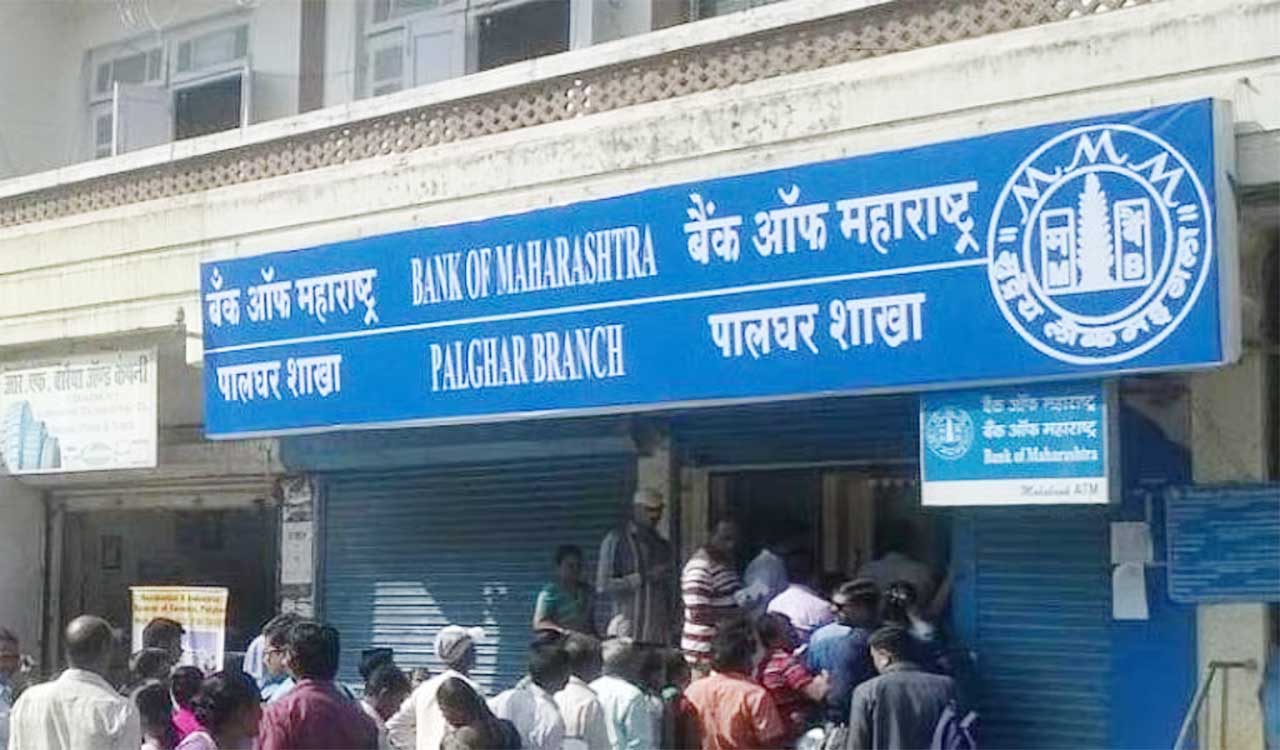Madhabi Puri Buch: A tenure marked by significant strides, controversies
The tenure of India’s first woman Sebi chief saw heightened controversy, when she battled a series of allegations by Hindenburg and the Congress, while simultaneously dealing with in-house employee protests against ‘toxic work culture’

New Delhi: India’s first woman Sebi chief Madhabi Puri Buch, who faced a conflict of interest allegations by the US-based short-seller Hindenburg and also political heat thereafter, completes her three-year tenure on Friday and will be succeeded by Finance Secretary Tuhin Kanta Pandey.
A veteran investment banker, Buch joined Sebi’s board as a whole-time member in April 2017 and was later elevated as chairperson in March 2022. She succeeded former IAS officer Ajay Tyagi, who held the top position for five years, from March 1, 2017, to February 28, 2022.
Also Read
Buch’s stint at Sebi Chief has been marked by both significant strides and notable challenges. Taking charge on March 2, 2022, Buch made history as the first woman to lead the market regulator, as well as the first private-sector individual to hold the position.
Though Buch in her tenure made significant strides in areas like faster settlements in equities, enhanced FPI disclosures and increasing mutual fund penetration through Rs 250 SIP, the last year of her tenure saw heightened controversy, when she battled a series of allegations by Hindenburg and the Congress, while simultaneously dealing with in-house employee protests against “toxic work culture”.
Last August, Buch faced pressure to resign after Hindenburg Research accused her of having a conflict of interest that prevented a thorough examination of manipulation and fraud claims at the Adani Group. Hindenburg accused Buch and her husband, Dhaval Buch, of investing in offshore entities that were allegedly part of a fund structure in which Vinod Adani — the elder brother of Adani group founder chairman Gautam Adani — also had investments. Buchs had denied the allegation.
Hindenburg earlier this month announced shutting down its business. The government, on its part, did not publicly say if it had sought an explanation from Buch. She was summoned by Parliament’s Public Accounts Committee in October 2024 as part of its review of financial regulators. However, she skipped the meeting citing personal reasons.
Born in 1966 and raised in Mumbai, Buch developed a deep interest in mathematics and finance, which laid the groundwork for her future career. She pursued an MBA from the Indian Institute of Management (IIM) Ahmedabad. Buch’s career in the financial sector began in 1989 when she joined ICICI Bank.
Over a span of 12 years at ICICI Bank, Buch served in several key roles at the bank. In 2006, she was promoted to Executive Director, a position she held until 2009. After leaving ICICI Bank, Buch’s leadership journey continued with her appointment as the Chief Executive Officer of ICICI Securities in 2009. During her tenure, she led the firm with distinction until 2011. She also served as a Non-Executive Director at Idea Cellular from 2011 to 2017.
Her broad and diverse experience led to her appointment as a Whole Time Member of Sebi in 2017, where she managed important portfolios such as surveillance and mutual funds. Her close collaboration with Ajay Tyagi further solidified her influence within India’s regulatory landscape.
A defining moment in Buch’s life came during the harrowing 2008 Mumbai terror attacks. At the time, she was serving as the Executive Director at ICICI Bank and found herself among a group of corporate leaders trapped in a Mumbai hotel during the tragic event. However, she, along with her husband Dhaval Buch, who was then a director at Hindustan Unilever Ltd, came out unscathed from the terror attack.
Related News
-
Deadly avalanche kills eight skiers in California
4 mins ago -
Ayodhya priest questions Telangana govt’s Ramzan relief move
29 mins ago -
Titans emerge champions in sixth Samuel Vasanth Kumar memorial basketball tournament
33 mins ago -
Hyd Open golf championship to kick off from February 19
39 mins ago -
Jammu and Kashmir enter Ranji Trophy final with win over Bengal
39 mins ago -
Telangana High Court seeks ground report on forest plantation at Damagundam
42 mins ago -
Sahibzada Farhan century powers Pakistan to big win over Namibia
43 mins ago -
Chief Minister’s Cup 2025 sees record participation across Telangana
46 mins ago




